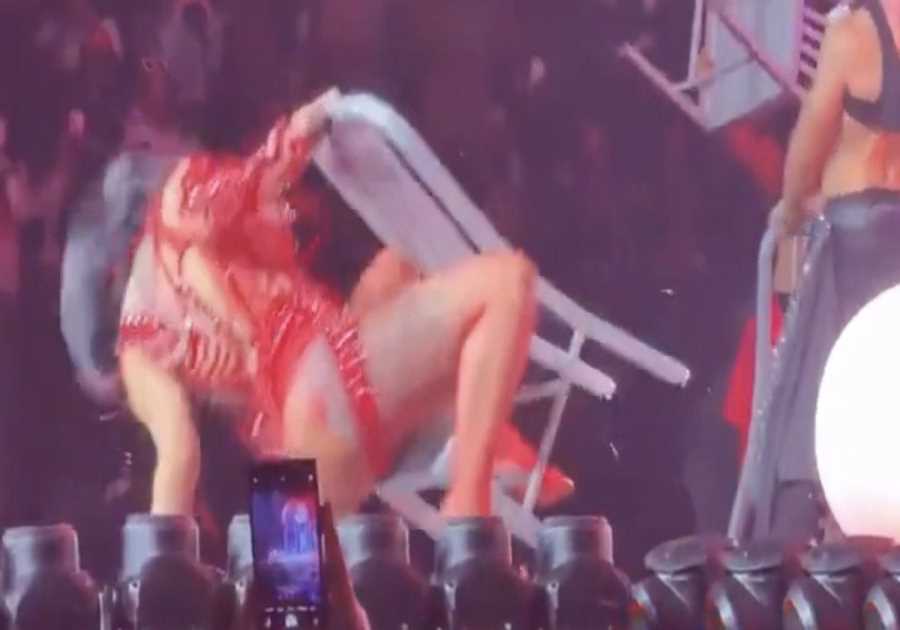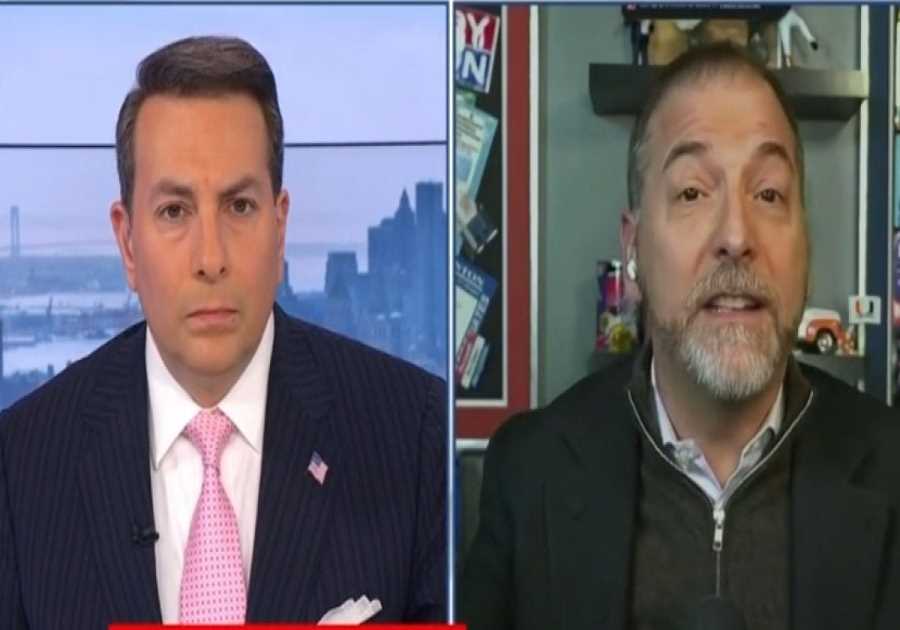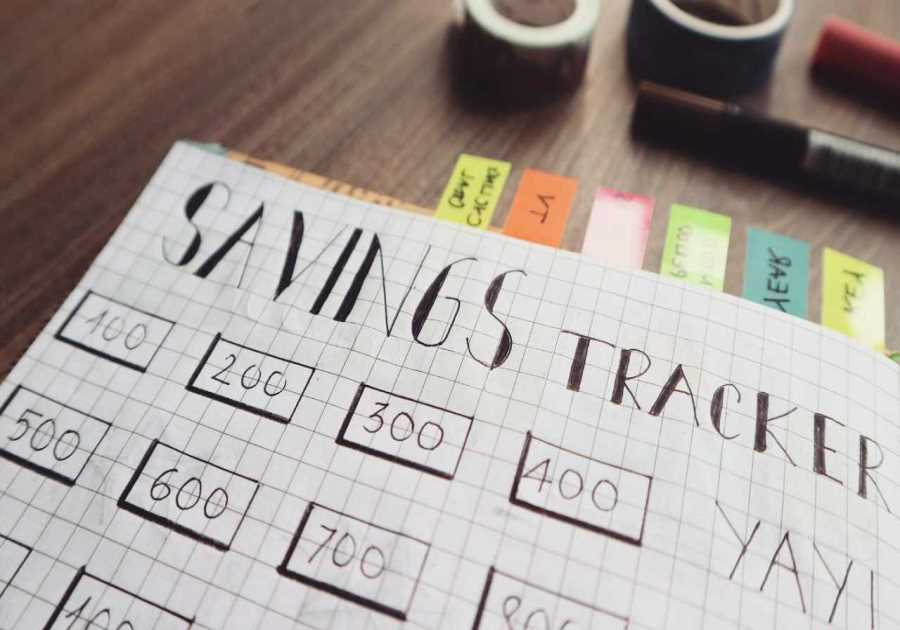We’ve used You Need a Budget (YNAB) for about ten years. As part of the YNAB system, I have line items for monthly expenses, but I also have sinking funds for annual or semi-annual expenses such as car insurance and property taxes and for irregular expenses such as medical expenses, car and home repairs, and home improvement. Beyond that, we have an emergency fund, but I must take steps to avoid blowing our savings.
Death by Small Overages
I like to keep at least $10,000 in our emergency fund, and I’d like to grow it larger—to include six months’ worth of expenses. However, I have a problem. Once the emergency fund reaches $10,000, I dip into it. Our groceries were $200 over budget this month? Cover the overage with the emergency fund. Our electric bill was $50 more than expected? Again, dip into the emergency fund.
How To Avoid Blowing Savings
To combat this, I’ve had to get creative with how we save our emergency funds.
Get a Month Ahead
One of the principles of YNAB is to get a month (or more) ahead on the budget. That would look like taking an April paycheck to fund May’s expenses instead of April’s. You wouldn’t need the money for April because you have April’s budget fully funded.
Thus far, I’m two weeks ahead on the budget. I aim to keep adding until I’m two to three months ahead. When I do this, I am increasing my savings, but the money is already accounted for in future months’ budgets, so I don’t see the money. I can’t use it to cover little overages when I don’t see it.
Pay Down Expenses

Another way I’m avoiding blowing the savings is not to put it in savings at all. For instance, we have no credit card debt, but we recently bought a new car, so we have a $16,500 car loan. The payment is only $313 a month, but I’m paying $600 to $700 monthly. Sure, that extra money could have gone to savings where I might have eroded it little by little with unexpected overages. Instead, I’m using it to pay down debt. By paying extra, we should have our car paid off in three or fewer years, instead of five years. This strategy is saving us money because we’re paying less in interest.
Invest
The last strategy I’m using is to invest extra money in our Roth IRA. If the money is out of sight, I can’t use it for little expenses. Even though the money that gets diverted to our Roth isn’t accessible for emergencies, it is money that we are saving for our future.
Final Thoughts
If you have a bad financial habit, as I do with our emergency fund, try to find new ways to trick yourself. By fully funding future months, paying down debt, and investing, we continue to save but in ways that aren’t accessible to me or that trick me into thinking the money is inaccessible.
Read More
5 Features That Make YNAB an Essential Budgeting Tool
How We Used Our Raise to Budget for True Expenses
Spend Money to Make Money, or to Save Money?
------------Read More
By: Melissa Batai
Title: How To Avoid Blowing Savings
Sourced From: www.dinksfinance.com/2023/04/how-to-avoid-blowing-savings/
Published Date: Tue, 11 Apr 2023 19:57:09 +0000
Did you miss our previous article...
https://trendinginbusiness.business/finance/3-minutes-with-rachel-harris
.png)





